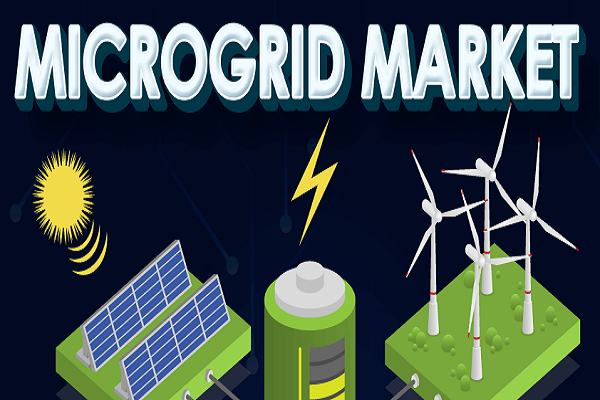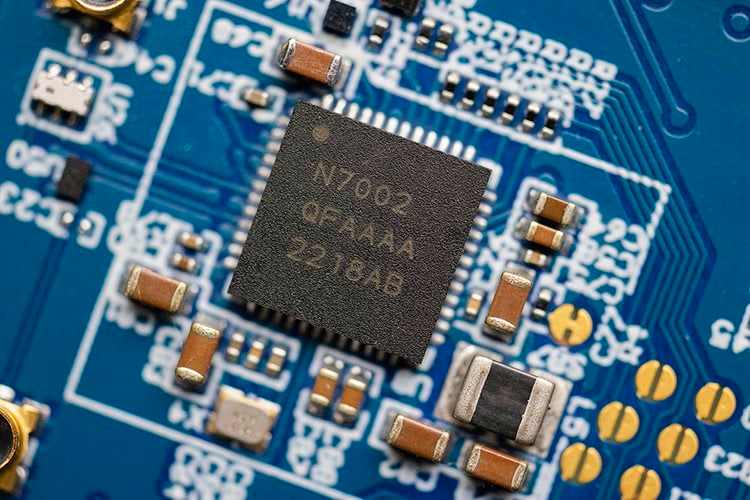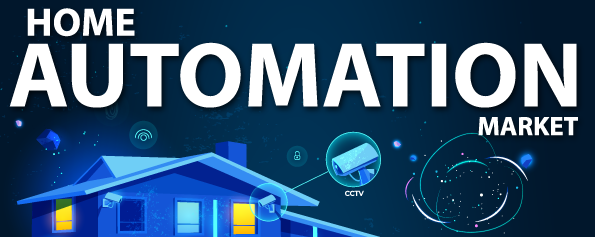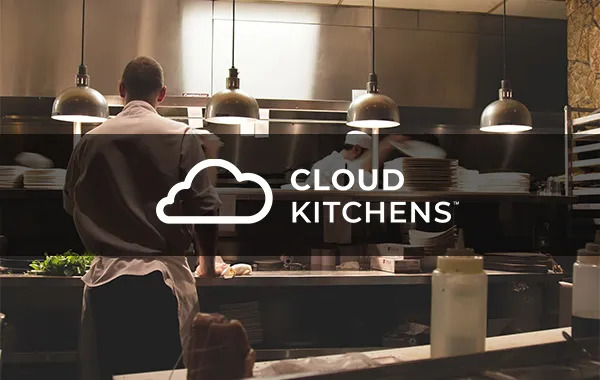The Global Home Automation System Market size was estimated at USD 82.24 billion in 2021 and is expected to hit around USD 237.58 billion by 2031, poised to grow at a compound annual growth rate (CAGR) of 13.88% from 2022 to 2031.
Global Home Automation System Market: Breakup by Region, (USD Billion) 2022 & 2031

Source: Primary Research and Secondary Research Analysis
The global home automation system market refers to the industry involved in providing smart solutions and technologies for the automation and control of various functions within a household. This market has experienced significant growth in recent years, driven by the increasing adoption of smart home devices and the growing trend of home automation. Home automation systems enable homeowners to remotely control and monitor various aspects of their homes, such as lighting, heating, ventilation, air conditioning (HVAC), security, and entertainment systems, through the use of connected devices and mobile applications.
The key factors contributing to the expansion of the global home automation system market include advancements in wireless communication technologies, the proliferation of the Internet of Things (IoT), and the rising demand for energy-efficient solutions. As consumers seek more convenient and efficient ways to manage their homes, the market has witnessed the introduction of innovative products and services, including smart thermostats, lighting controls, security cameras, and voice-activated virtual assistants. Integration with popular smart home platforms and the development of interoperable devices have further fueled the market’s growth, providing users with seamless and interconnected smart home experiences.
The global home automation system market is witnessing several key trends that are shaping its current scenario and future trajectory. Firstly, there is a notable surge in the demand for integrated and interoperable smart home solutions. Consumers are increasingly seeking comprehensive systems that seamlessly connect various devices and platforms, providing a unified and user-friendly experience. This trend has led to collaborations among different technology providers to create ecosystems where devices from different manufacturers can work together, fostering compatibility and ease of use.
Secondly, voice control and artificial intelligence (AI) are becoming integral components of home automation systems. Voice-activated virtual assistants, such as Amazon Alexa and Google Assistant, are gaining widespread adoption, allowing users to control and monitor their smart homes through natural language commands. The integration of AI enables these systems to learn user preferences over time, optimizing energy usage, security protocols, and overall home management. This not only enhances the user experience but also contributes to the development of more intelligent and responsive home automation solutions.
Moreover, energy efficiency and sustainability are emerging as critical considerations in the home automation system market. With a growing awareness of environmental issues and a focus on reducing energy consumption, smart home technologies are incorporating features such as energy-efficient appliances, smart thermostats, and automated lighting controls. Consumers are increasingly inclined toward eco-friendly solutions that not only provide convenience but also contribute to a more sustainable and environmentally conscious lifestyle.
Recent Developments:
Recent developments in the Global Home Automation System Market have showcased a dynamic landscape marked by technological advancements and strategic collaborations. One notable trend is the increasing integration of artificial intelligence (AI) and machine learning (ML) into home automation systems. Companies are leveraging these technologies to enhance the intelligence of smart home devices, allowing them to adapt to user preferences, anticipate needs, and optimize energy consumption. This trend is fostering the development of more sophisticated and responsive home automation solutions, providing users with a personalized and seamless experience.
Interoperability and standardization efforts have gained momentum as well. Industry leaders are recognizing the importance of creating open ecosystems that facilitate the compatibility of devices from different manufacturers. This push toward interoperability aims to address the challenge of device fragmentation, ensuring that consumers can easily integrate various smart home products into a unified and cohesive system. Collaborative initiatives and partnerships among key players are becoming more prevalent, contributing to the establishment of industry-wide standards.
In an era characterized by technological advancements, the global home automation system market has emerged as a transformative force, reshaping the way we interact with our living spaces. The integration of smart technologies into homes has not only enhanced convenience but has also paved the way for a more sustainable and efficient lifestyle. This blog post delves into the current state of the global home automation system market, exploring its size, trends, and the factors driving its rapid growth.
Size of the Global Home Automation System Market:
As of [latest available data], the global home automation system market is experiencing robust growth, with an estimated market size of [insert market size]. This figure is expected to witness substantial expansion in the coming years, fueled by the increasing adoption of smart home devices and the growing awareness of energy-efficient solutions.
Key Market Drivers:
- Rising Consumer Demand: The surge in consumer interest and awareness regarding smart home technologies is a primary driver of the market. Homeowners are increasingly seeking automation solutions that offer convenience, security, and energy efficiency.
- Advancements in IoT (Internet of Things): The integration of IoT in home automation systems has been a game-changer. Interconnected devices and sensors enable seamless communication, allowing users to control and monitor various aspects of their homes remotely.
- Energy Efficiency Concerns: With a growing emphasis on sustainability, energy-efficient solutions have become a key focus for homeowners. Smart home automation systems offer features such as smart thermostats, lighting controls, and energy monitoring, contributing to reduced energy consumption.
- Security and Surveillance: The need for enhanced home security has driven the adoption of smart surveillance systems, doorbell cameras, and smart locks. These features provide homeowners with real-time monitoring and control over their home security.
- Integration of AI and Machine Learning: The incorporation of artificial intelligence and machine learning algorithms enhances the capabilities of home automation systems. These technologies enable systems to learn user preferences and adapt to changing patterns, creating a more personalized and efficient experience.
Trends Shaping the Market:
- Voice-Activated Assistants: The prevalence of voice-activated assistants like Amazon Alexa and Google Assistant has transformed the way users interact with their smart homes. Voice commands offer a hands-free and intuitive approach to control various devices.
- Smart Lighting Solutions: The demand for smart lighting systems, allowing users to customize ambiance, save energy, and enhance security, is on the rise. Integration with voice control and automation schedules has made smart lighting a popular trend.
- Home Healthcare Integration: The integration of home automation with healthcare monitoring devices is an emerging trend. Smart homes can be equipped to monitor health metrics, providing valuable data for healthcare professionals and enabling proactive health management.
- Increased Connectivity Standards: The market is witnessing the standardization of connectivity protocols, promoting interoperability among devices from different manufacturers. This ensures a more seamless and integrated smart home experience for users.
Conclusion:
The global home automation system market is entering an era of unprecedented growth and innovation. As technological advancements continue to reshape our homes, the market size is poised to expand further. With an increasing focus on sustainability, security, and convenience, the future of home automation holds exciting possibilities, making our living spaces smarter, more efficient, and truly connected.
About Us:
Organic Market Research Business Consulting is a fast-growing Market Research organization which is helping organizations to optimize their end-to-end research processes and increase their profit margins.
Organic Market Research facilitates clients with syndicate research reports and customized research reports on 10+ industries with global as well as regional coverage.
Mob : +91 9319642100
Noida One Tower Sec 62 Noida 201301
Sales : sales@organicmarketresearch.com
Website : https://www.organicmarketresearch.com












